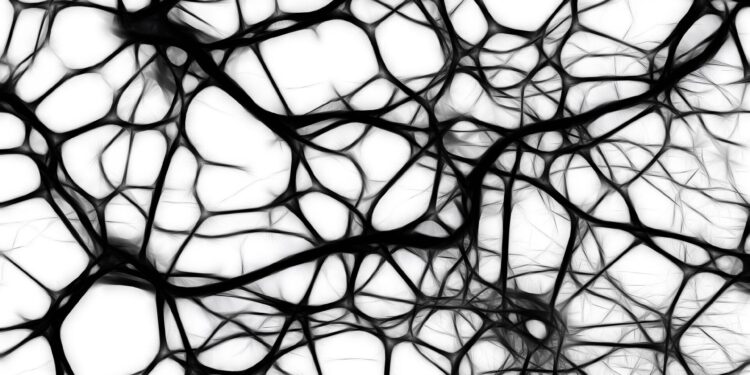Credit: Pixabay/CC0 Public domain
A team of researchers from Kobe Gakuin University in Japan has genetically modified insulin-fused proteins capable of targeting hippocampal neurons. This innovative technique capitalizes on the natural tendency of insulin to accumulate in the neuronal tissue of the hippocampus. This new approach could unlock existing treatments for neurodegenerative disorders such as Alzheimer’s disease by allowing existing drugs to be delivered to their target.
The hippocampus is a brain region heavily involved in memory and learning and one of the first brain regions affected by Alzheimer’s disease, leading to memory loss and cognitive decline.
Current drug candidates have difficulty reaching the hippocampus due to the protective nature of the blood-brain barrier (BBB). To overcome the BBB requires either highly invasive surgical procedures (needles in the brain or spine) or methods with limited absorption rates. For drug delivery that is not suitable for invasive surgery, the challenge is delivering enough drug to have an effect, with poor absorption limiting potentially effective treatment options.
To overcome this challenge, the team created proteins targeting hippocampal (Ht) neurons by genetically fusing insulin subunits with therapeutic proteins. These have similar problems getting past the BBB, but once they cross, they can deliver the drug directly to the affected neurons, making even a low absorption scenario effective.
Experiments detailed in their paper titled “Insulin-Inspired Hippocampal Neuron Targeting Technology for Protein Drug Delivery,” published in Proceedings of the National Academy of Sciencesexplain how cultured hippocampal neurons engulfed insulin and Ht proteins by cleverly using the body’s existing cellular uptake system.
The insulin subunits of the fusion proteins take advantage of the fact that hippocampal neurons have more insulin receptors than other types of brain cells. Binding of Ht proteins to the insulin receptor activates the same signaling pathways as insulin. This activation leads to enhanced macropinocytosis (cellular uptake), allowing more Ht proteins (and any fused therapeutic cargo) to be taken up by hippocampal neuronal tissue.
The presence of cysteine residues was also found to be crucial in initiating the delivery mechanism. An insulin B chain mutant demonstrated the greatest efficiency in transporting cargo proteins into neurons.
Animal studies reinforced the results with Ht proteins accumulating specifically in the neuronal layers of the hippocampus of mice after treatment. To confirm this pathway, the researchers repeated the experiment by adding a macropinocytosis inhibitor. Here, they found reduced uptake of Ht proteins, confirming the involvement of this pathway.
“Unlike other techniques, our hippocampal neuron targeting technology (or HiNT) can deliver drugs more safely and specifically to hippocampal neurons,” the researchers said in their paper. “Importantly, HiNT will help maximize the therapeutic potential of various biologic drugs against Alzheimer’s disease and other neurodegenerative disorders.”
Future studies plan to explore clinical applications of the HiNT delivery system with a focus on finding the most effective and least invasive method required to cross the blood-brain barrier.
More information:
Noriyasu Kamei et al, Insulin-inspired hippocampal neuron targeting technology for protein drug delivery, Proceedings of the National Academy of Sciences (2024). DOI: 10.1073/pnas.2407936121
© 2024 Science X Network
Quote: Targeting hippocampal neurons to unlock existing drugs against Alzheimer’s disease (October 12, 2024) retrieved October 12, 2024 from
This document is subject to copyright. Except for fair use for private study or research purposes, no part may be reproduced without written permission. The content is provided for informational purposes only.



